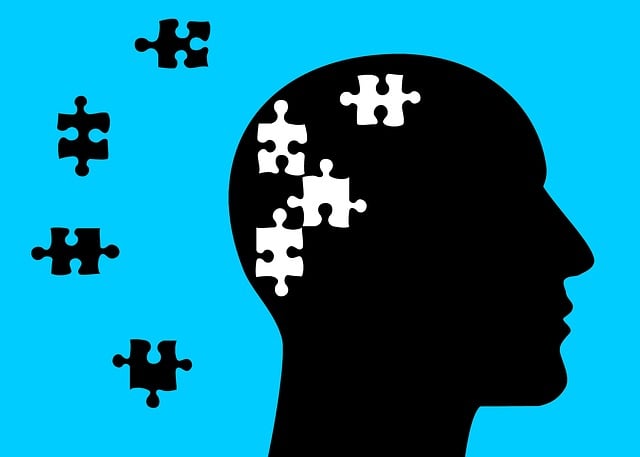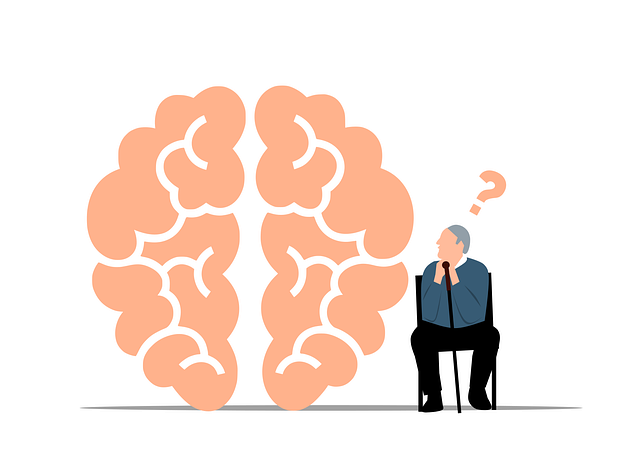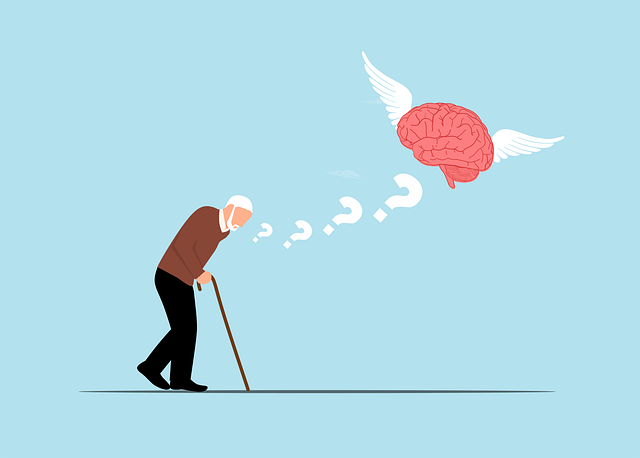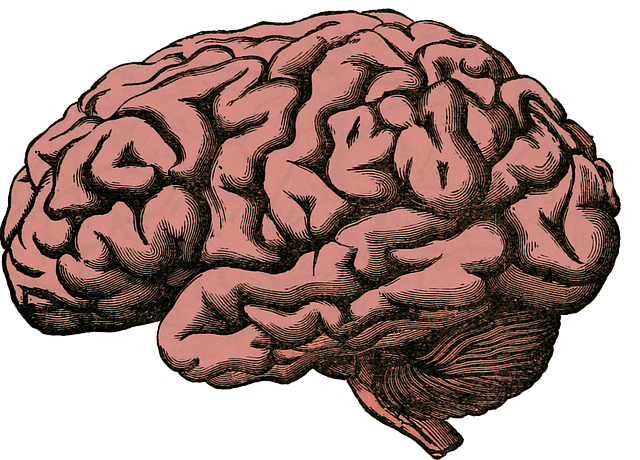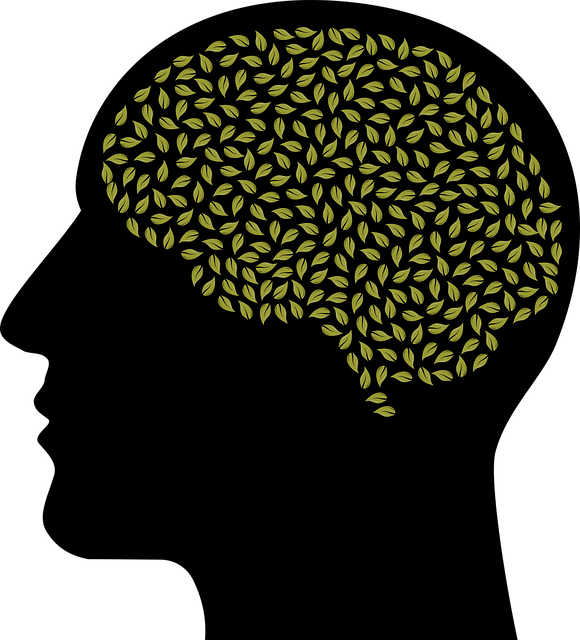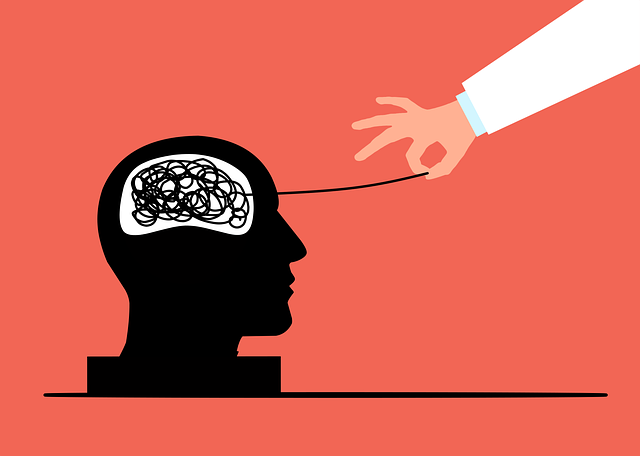Lakewood Geriatrics Therapy offers specialized emotion regulation techniques tailored for elderly individuals' unique needs, addressing age-related challenges like isolation, cognitive decline, and physical health issues. Their comprehensive approach includes Social Skills Training, Resilience Building, Self-Awareness Exercises, and evidence-based practices such as cognitive reframing, mindfulness, journaling, and relaxation exercises. These strategies empower seniors with emotional intelligence, foster independence, and enrich their interactions, ultimately enhancing overall well-being.
Emotion regulation techniques are essential tools for elderly individuals to navigate life’s challenges. This article explores the benefits of Lakewood Geriatrics Therapy in empowering seniors with effective coping strategies. We delve into various evidence-based methods, including cognitive reframing and mindfulness, that enhance emotional well-being. Through practical strategies like journaling and relaxation exercises, readers will discover how to foster resilience and improve overall mental health. Understanding these techniques, as offered by Lakewood Geriatrics Therapy, can significantly impact the quality of life for the elderly.
- Understanding Emotion Regulation and Its Benefits for Elderly Individuals
- The Role of Lakewood Geriatrics Therapy in Teaching Effective Techniques
- Practical Strategies: Cognitive Reframing and Mindfulness Techniques
- Incorporating Emotional Awareness through Journaling and Relaxation Exercises
- Building Resilient Coping Skills: A Holistic Approach to Emotion Regulation
Understanding Emotion Regulation and Its Benefits for Elderly Individuals

Emotion regulation techniques play a pivotal role in enhancing the quality of life for elderly individuals. Understanding and managing emotions effectively can help seniors navigate the challenges that often come with aging, such as isolation, cognitive decline, and physical health issues. By learning these skills, they gain a sense of control over their emotional responses, leading to improved mental well-being and overall happiness.
At Lakewood Geriatrics Therapy, our approach focuses on teaching resilient emotion regulation strategies tailored to the unique needs of seniors. This includes Social Skills Training to foster meaningful connections and combat loneliness, Resilience Building exercises to cope with stress and adversity, and Self-Awareness Exercises that promote introspection and emotional intelligence. These techniques not only empower the elderly but also enable them to maintain independence, engage in their passions, and enrich their interactions with family and peers.
The Role of Lakewood Geriatrics Therapy in Teaching Effective Techniques

Lakewood Geriatrics Therapy plays a pivotal role in teaching effective emotion regulation techniques, especially for an aging population. This specialized therapy focuses on empowering individuals to manage and understand their emotions, thereby improving overall well-being. By utilizing evidence-based practices, Lakewood Geriatrics offers a range of strategies that cater to unique emotional needs often associated with aging.
The therapy incorporates conflict resolution techniques to help clients navigate interpersonal challenges, fostering healthier relationships. Additionally, it emphasizes Mind Over Matter principles, teaching individuals how to consciously control their emotional responses. Compassion cultivation practices are also woven into the fabric of this therapeutic approach, encouraging empathy and self-kindness, which can significantly reduce stress and anxiety levels.
Practical Strategies: Cognitive Reframing and Mindfulness Techniques

Learning practical strategies like cognitive reframing and mindfulness techniques can significantly enhance emotional well-being promotion techniques at Lakewood Geriatrics Therapy. These methods empower individuals to challenge negative thought patterns, fostering self-esteem improvement and better coping mechanisms. By retraining the mind to view situations from a different perspective, one can reduce the intensity of emotions and navigate challenging circumstances with more ease.
Incorporating mindfulness involves focusing on the present moment without judgment, which is a powerful tool for conflict resolution techniques. It helps individuals disengage from emotional reactions and make more rational decisions. These strategies, when taught effectively, can lead to improved quality of life, stronger relationships, and enhanced overall mental health, making them invaluable resources in geriatric care.
Incorporating Emotional Awareness through Journaling and Relaxation Exercises

Incorporating emotional awareness is a cornerstone of effective emotion regulation techniques teaching, and Lakewood Geriatrics Therapy has pioneered innovative methods to achieve this. One powerful tool within their repertoire is journaling—a simple yet profound practice that encourages individuals to explore and express their feelings. By dedicating a few moments each day to reflect on emotions through writing, one can gain valuable insights into their mental state. This introspective process helps in identifying triggers, understanding patterns, and cultivating a deeper sense of self-awareness—essential components for managing and regulating emotions effectively.
Supplementing journaling are relaxation exercises tailored to induce a state of calm and tranquility. These exercises not only help in reducing stress levels but also foster emotional resilience. Techniques such as deep breathing, progressive muscle relaxation, and guided imagery allow individuals to disconnect from overwhelming feelings and cultivate a sense of peace. By integrating these practices into their daily routines, participants at Lakewood Geriatrics Therapy can enhance their emotional intelligence, improve coping mechanisms, and mitigate the impact of mental health challenges, as highlighted in their comprehensive Risk Assessment for Mental Health Professionals. Moreover, these strategies contribute to breaking down barriers related to mental illness stigma reduction efforts by promoting self-acceptance and understanding.
Building Resilient Coping Skills: A Holistic Approach to Emotion Regulation

Emotion regulation techniques teaching plays a pivotal role in building resilient coping skills, especially for older adults. At Lakewood Geriatrics Therapy, we understand that managing emotions effectively is crucial for overall well-being and quality of life. Our holistic approach integrates various strategies tailored to individual needs, fostering inner strength development and enhancing coping mechanisms. We believe in empowering individuals to navigate life’s challenges with grace and resilience.
Through our Stress Management Workshops Organization, we provide a safe space for learning and growth. These workshops equip participants with tools to recognize and manage stress, anxiety, and other intense emotions. Additionally, Healthcare Provider Cultural Competency Training is offered to ensure that care is sensitive and respectful of diverse backgrounds, further enriching the emotional support system. By combining these initiatives, Lakewood Geriatrics Therapy aims to create a supportive environment that nurtures both mental and emotional health.
Lakewood Geriatrics Therapy plays a pivotal role in empowering elderly individuals to navigate and manage their emotions effectively. By combining cognitive reframing, mindfulness techniques, journaling, relaxation exercises, and holistic coping strategies, this approach offers a comprehensive solution for emotional well-being. These emotion regulation techniques not only enhance quality of life but also foster resilience, enabling seniors to cope with challenges and maintain a sense of balance. Incorporating these practices into daily routines can significantly improve mental health outcomes and overall satisfaction for the elderly population.
